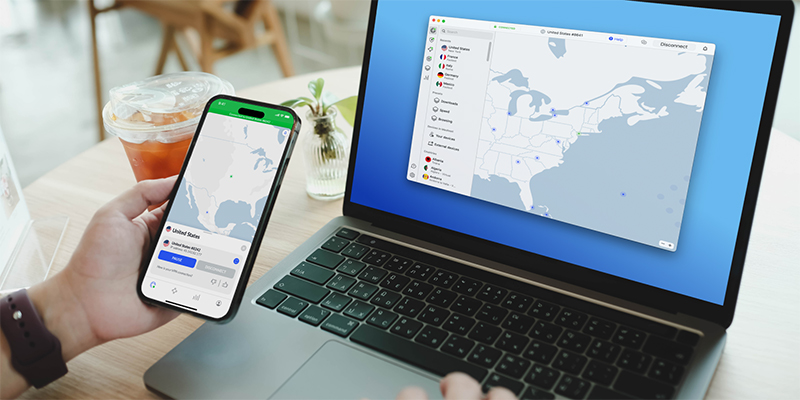Why You Need a VPN for Your Smart Home in 2025: The Complete Guide
Using a VPN for smart home protection has become essential as our living spaces get more connected than ever before.
Smart homes are no longer the future — they are the present.
From lights and thermostats to security cameras and even refrigerators, everything is connected to the internet.
While this technology brings incredible convenience, it also opens the door to potential security risks that many users overlook.
Did you know that the average smart home today has more than 20 connected devices?
Each one of them could be a potential entry point for hackers.
In this guide, we explain:
Why your smart home needs VPN protection,
How a VPN works for smart homes,
The best VPN services for 2025,
How to easily set up a VPN and protect your home.
What is a VPN and How Does it Protect Your Smart Home?
A VPN (Virtual Private Network) is a tool that:
Encrypts all internet traffic from your home,
Hides your real IP address,
Prevents hackers, spies, and even your internet service provider from seeing what your devices are doing.
Without a VPN, your smart locks, cameras, speakers, or any IoT device can be discovered and targeted.
With a VPN, all your data and devices become virtually invisible to external attackers.

5 Key Reasons Why You Need a VPN for Your Smart Home
1. Preventing Device Hacking
Smart locks, cameras, and alarms can be hacked if hackers “sniff out” your unprotected network.
A VPN prevents this type of snooping and attacks.
2. Protecting Your Privacy
Your Internet service provider (ISP) can track your activities and even sell that data to third parties.
A VPN hides your activities even from them.
3. Secure Remote Control of Your Smart Home
If you control your home via an app while you’re away (e.g., at work or traveling), a VPN keeps your commands safe from interception.
4. Preventing Tracking and Profiling
Some smart devices send data to manufacturers about your routine. A VPN makes it harder for them to track such data.
5. Easy Protection for All Devices at Once
By setting up a VPN on your router, all your devices are automatically protected — no complicated setup on each individual device.

How to Install a VPN for Your Smart Home
The best way to protect your smart home is by installing a VPN directly on your Wi-Fi router.
Steps:
Choose a VPN provider that supports router installation (see recommendations below).
Follow the VPN provider’s instructions for your router model.
Set the VPN to activate automatically when the router is powered on.
Test to ensure that all devices are properly connected through the VPN network.
⚡ Bonus Tip: If your current router doesn’t support VPN, consider buying a specialized router like the ASUS RT-AX58U or Netgear Nighthawk.
Frequently Asked Questions about VPNs for Smart Homes (FAQ)
Can all smart devices use a VPN?
All devices connected via your router will automatically use the VPN. There’s no need to install an app on each individual device.
Does a VPN slow down my internet?
Minimal impact. If you use a premium VPN service and a good router, the speed difference is almost unnoticeable.
How difficult is it to install a VPN on a router?
Most quality VPN providers have detailed instructions and video tutorials. For most users, it takes about 20-30 minutes.
What if my router doesn't support a VPN?
You can either buy a VPN-compatible router or use the “virtual router” option via your laptop.
Conclusion: Do You Need a VPN for Your Smart Home?
Absolutely.
If you’re investing in smart devices to make your life easier, it doesn’t make sense to leave your privacy and security unprotected.
A VPN is one of the easiest and most affordable ways to ensure that your home remains your private sanctuary — even in the digital age.
Don’t wait until you’re a hacker’s target.
Protect your smart home today!
To learn more about potential smart home threats, check out our guide to smart home security risks.
If you’re using smart devices like plugs or lights, take a look at our top smart plugs for 2025.
Recent Posts
How useful was this post?
Click on a star to rate it!
Average rating 0 / 5. Vote count: 0
No votes so far! Be the first to rate this post.
We are sorry that this post was not useful for you!
Let us improve this post!
Tell us how we can improve this post?
